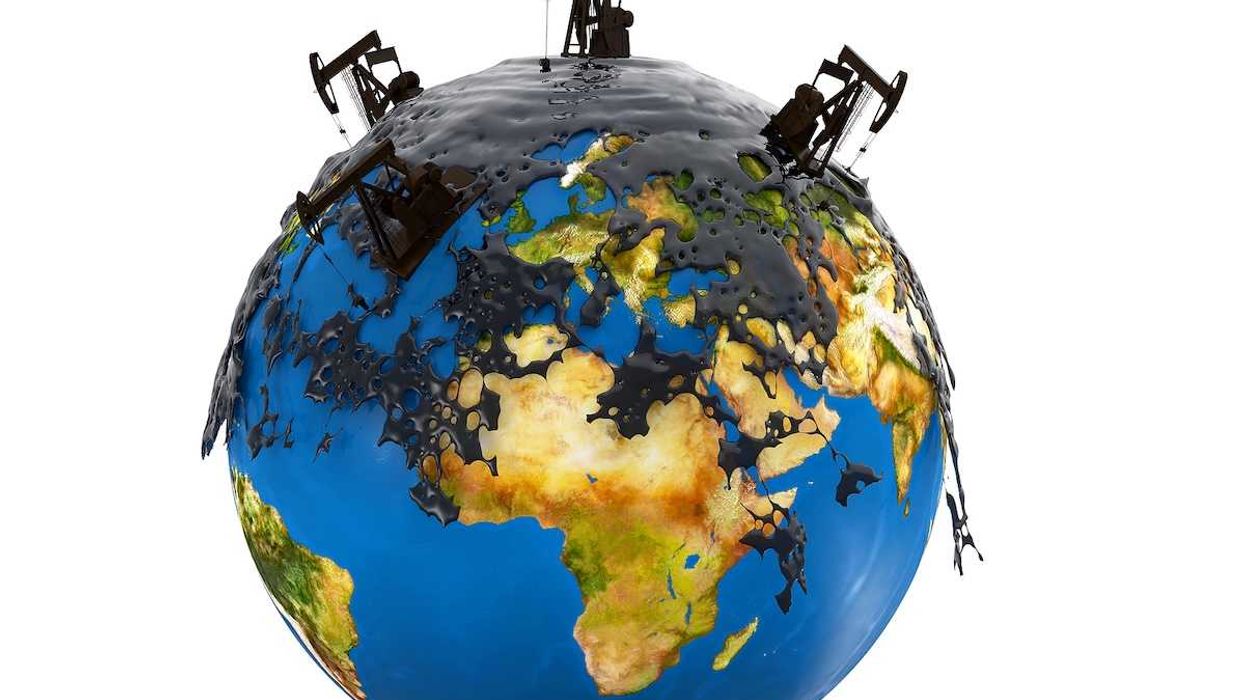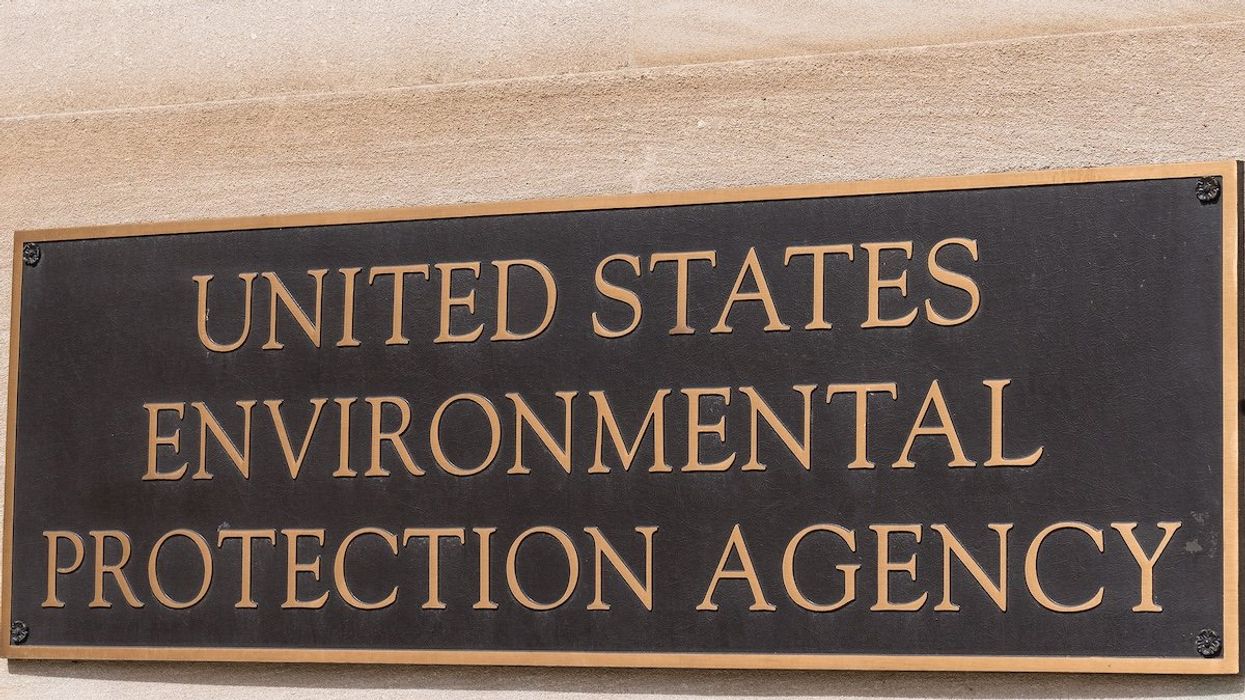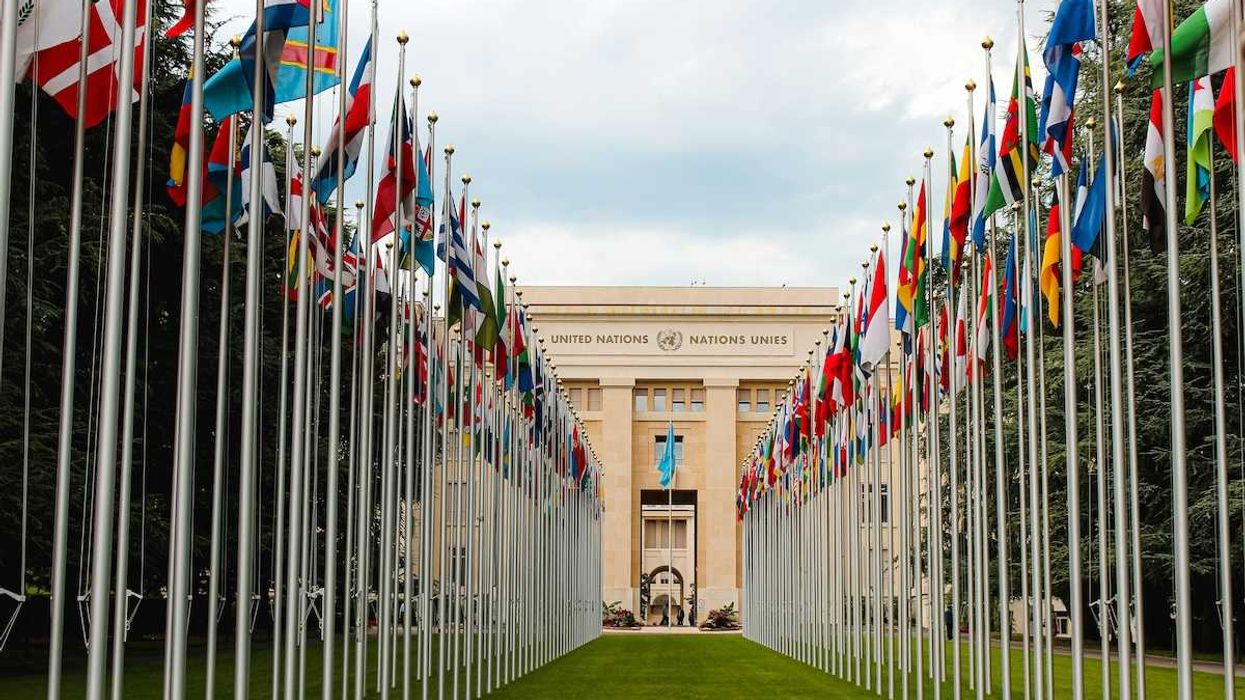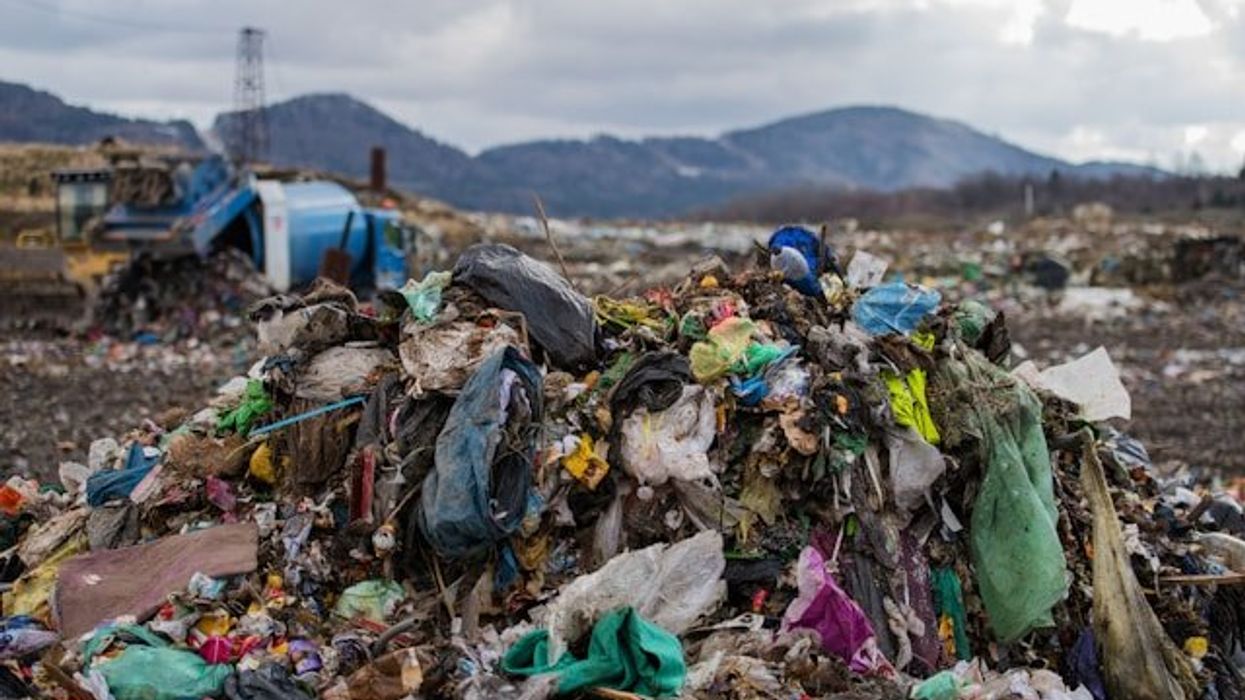Just 9% of the world’s plastic was recycled in 2022, as the vast majority of new plastic continues to be made from fossil fuels, a new global analysis finds.
Lottie Limb reports for Euronews.
In short:
- Researchers from Tsinghua University found that only 9% of the 437 million tonnes of plastic produced in 2022 came from recycled sources, with the rest made from virgin fossil fuel-based materials.
- Despite efforts to increase recycling, much of the collected plastic ends up in landfills or is burned; incineration has risen to 34% of plastic disposal globally, particularly in Japan, China, and the European Union.
- Complex plastic materials, contamination, and the low cost of virgin plastic compared to recycled alternatives continue to stifle improvements in recycling infrastructure and efficiency.
Key quote:
"This study is yet another reminder that we cannot recycle our way out of plastic pollution."
— Delphine Lévi Alvarès, global petrochemicals campaigner manager at the Center for International Environmental Law
Why this matters:
Plastic has become a fixture in modern life, embedded in everything from food packaging to medical supplies. But nearly all of it is made from fossil fuels, and very little gets reused. The result is a slow-building environmental crisis, with plastic pollution choking waterways, harming wildlife, and potentially entering the human food chain. Incineration, touted as a waste solution, carries its own risks: toxic emissions can damage human health and require costly, tightly regulated systems to manage safely. And recycling plastic comes with its own toxic problems.
With demand for plastic surging and fossil fuel industries leaning into petrochemicals as a backup revenue stream, global plastic production is forecast to grow. That means more carbon emissions, more health risks, and more pressure on already strained waste systems. Global negotiations toward a binding plastics treaty offer a glimmer of hope — but without a dramatic reduction in plastic production, experts warn that the cycle may never be broken.
Related EHN coverage:














